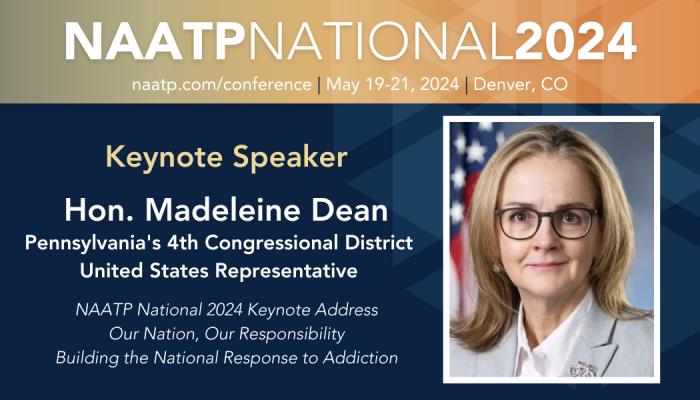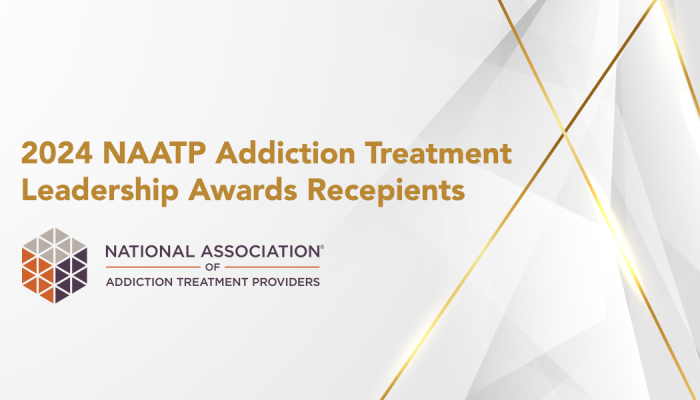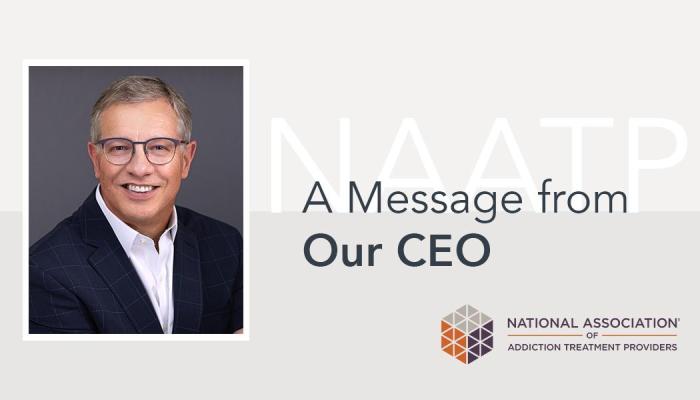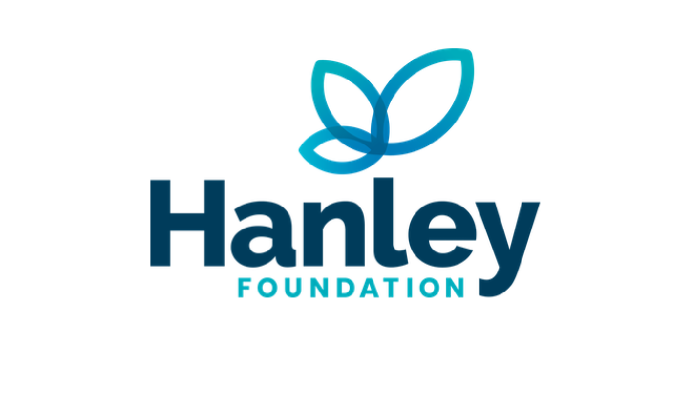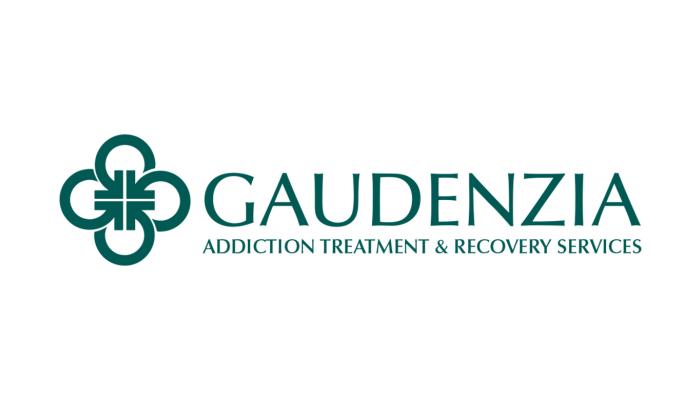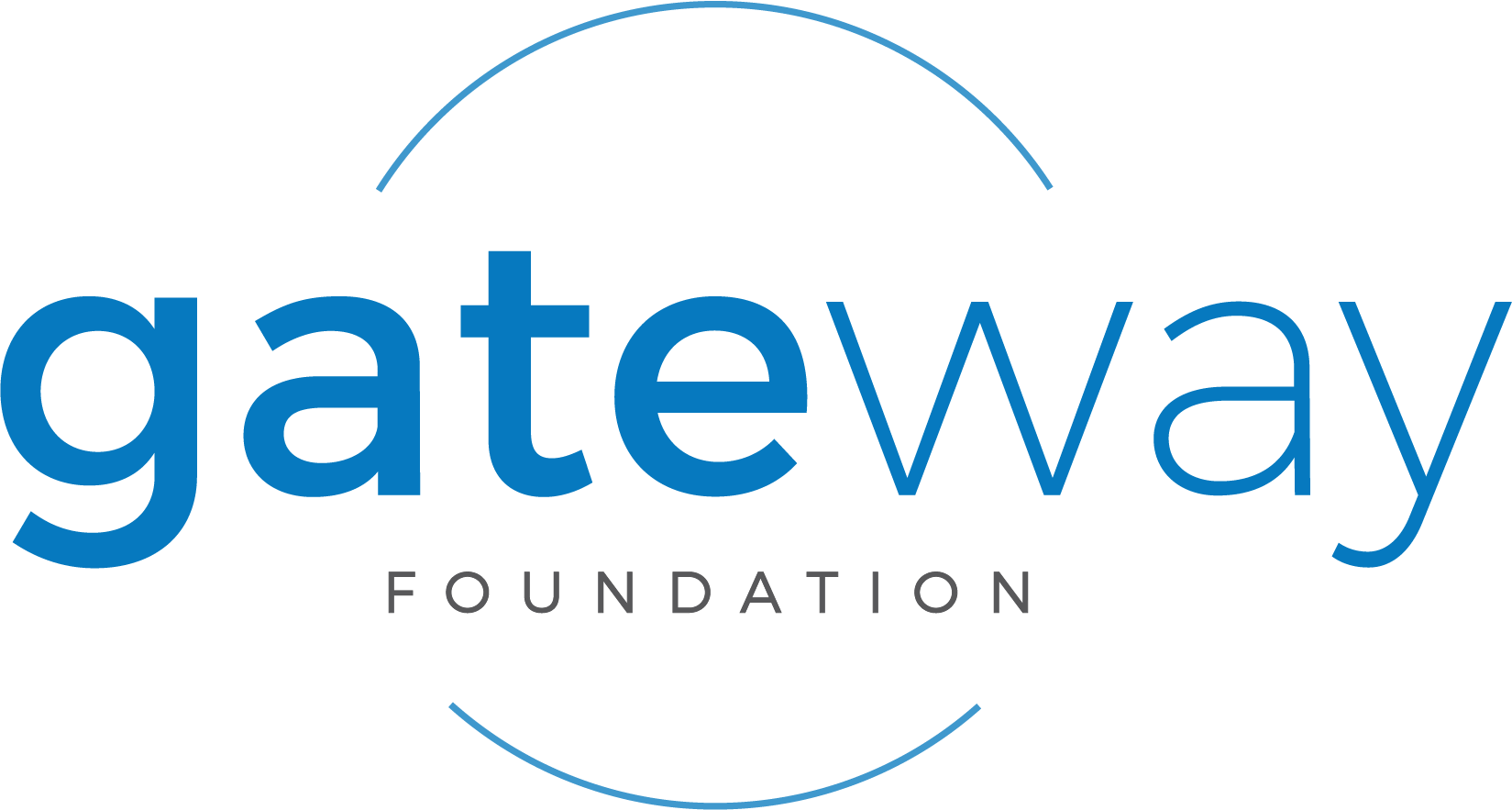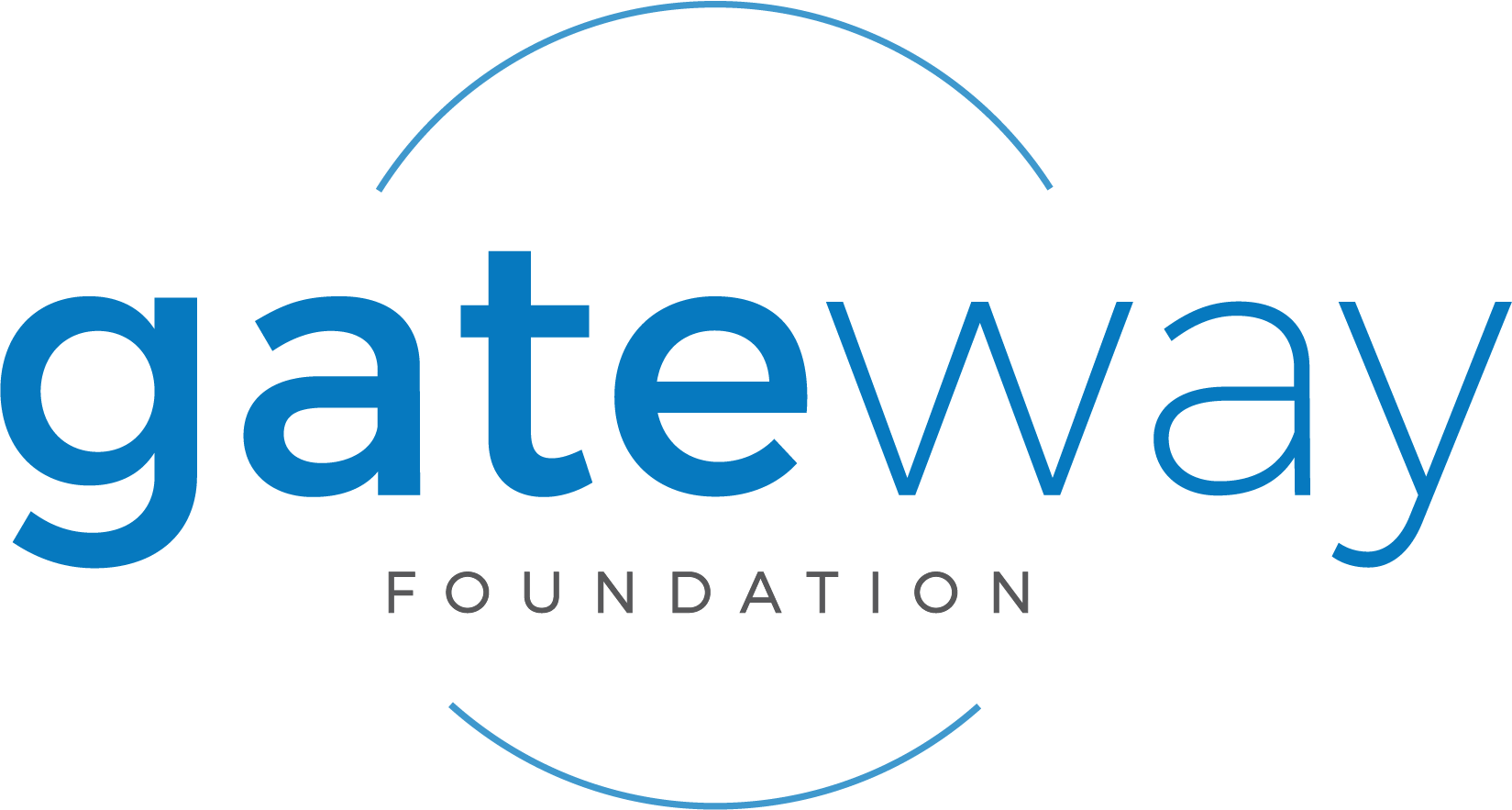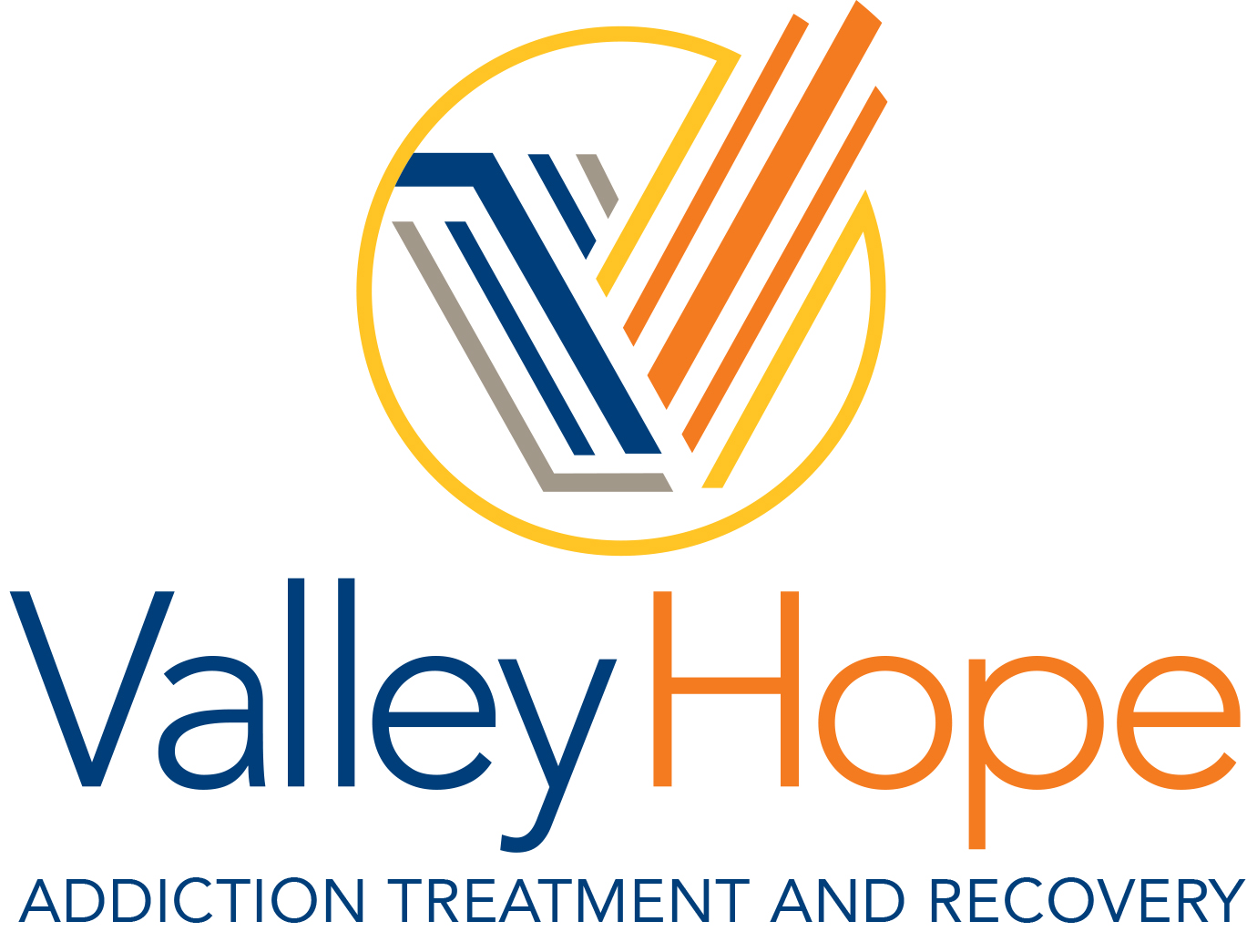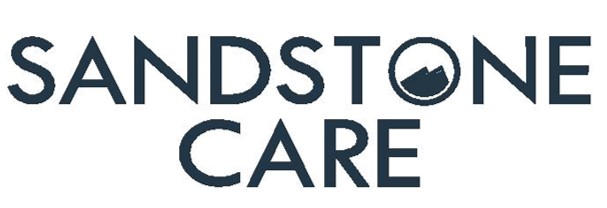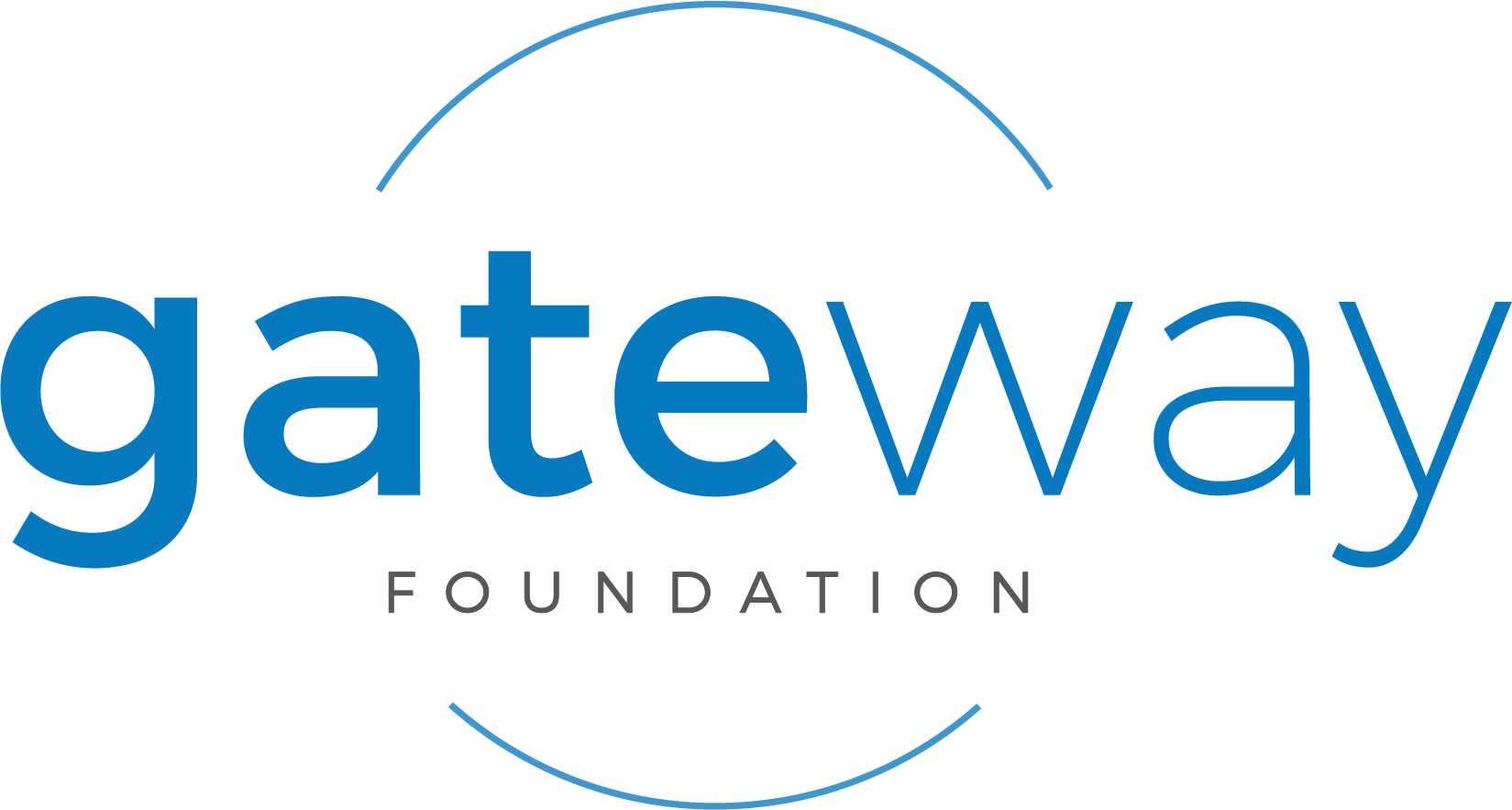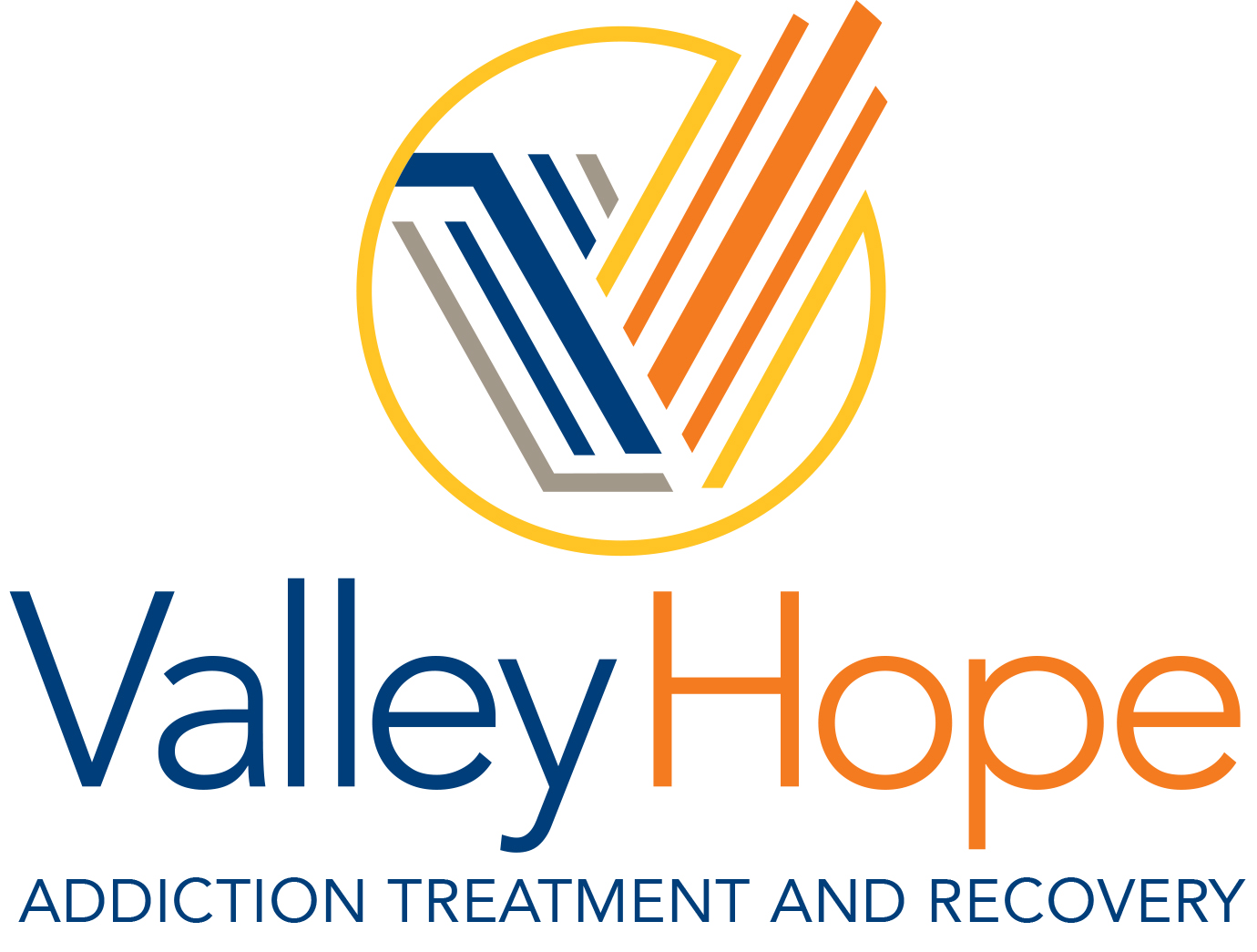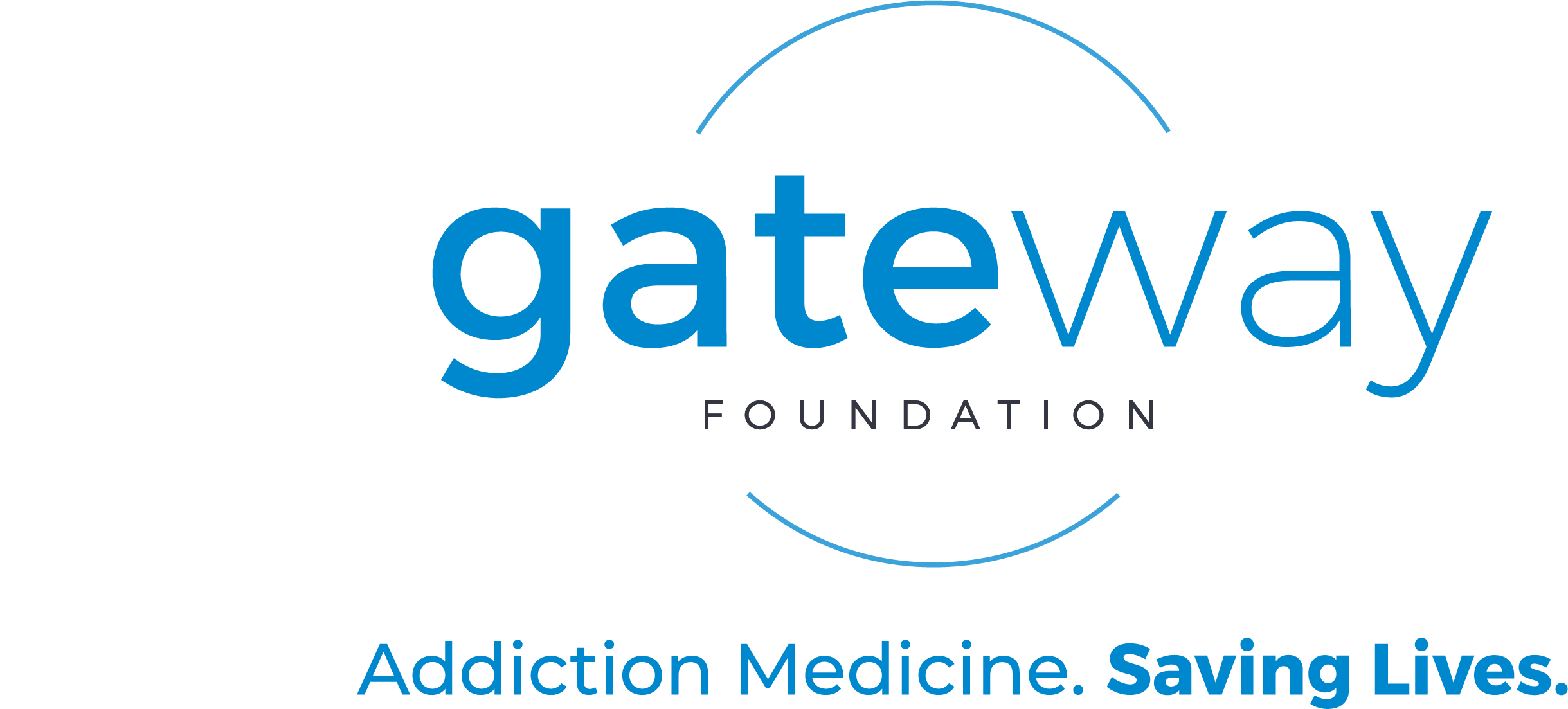Appropriate admissions process and patient screening are critical components of quality, ethical, evidence-based treatment. Through a panel setting, this session will discuss best practices on appropriate screening prior to admission and throughout treatment, provide guidance in understanding whether a facility is capable of meeting patient needs, and identify resources to effectively screen for co-occurring physical and behavioral health conditions.
Session Time:
Monday, May 6, 2019 1:30 pm to 3:00 pm
Session Category:
Admissions & Patient Screening
Session Type:
Workshop
Learning Objectives:
• Understand best practices for patient admission
• Become familiar with common screening tools for co-occurring conditions
• Review effect on patient and program outcomes from implementing admissions and screening practices
Year:
2019
News & Updates
Search NAATP Treatment Providers

Locate addiction treatment providers and services that support addiction providers.
Members Making News
NAATP Treatment Providers
Get Email Updates
©2023 National Association of
Addiction Treatment Providers
PO Box 271686
Louisville, CO 80027
Phone: 888.574.1008
info@naatp.org
Web Hosting & Services by Skvare
Web Optimization by Webconsuls




